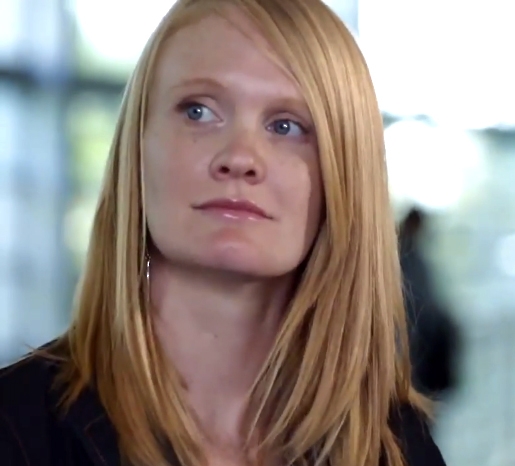New Associate Provost Will Help Translate Middlebury’s Strengths to the Digital World

MIDDLEBURY, Vt. – Amy Collier, a respected scholar, practitioner, and thought leader in the field of digital learning at Stanford University, has been hired for the new position of associate provost for digital learning at Middlebury. Reporting to Provost Susan Baldridge, Collier will begin working at Middlebury on July 1.
“Amy brings a wonderful combination of collaborative leadership, breadth of expertise, and creative energy to this position,” said Baldridge. “I know she’ll be a wonderful addition to the Provost’s Office, and a welcome partner for faculty across our programs interested in using digital technology to enhance their teaching.”
Collier currently serves as senior director, inspiration and outreach, at Stanford. Previously she held the positions of director of digital learning initiatives and associate director for technology and teaching at Stanford.
Baldridge says the new position answers a growing demand to translate Middlebury’s strengths into the digital world. “Hiring an associate provost for digital learning responds to the great interest from faculty across our programs in having support for digital and online learning projects,” said Baldridge. “Many faculty in our graduate programs have ideas about how they might incorporate digital learning into the curriculum, but quickly realize that they need the benefit of knowledgeable and creative experts who can collaborate with them to achieve their vision.”
In recent years, Middlebury has launched several new digital initiatives that Collier will build on as she creates an institution-wide digital strategy. Some of those projects include a recent online course taught by Professor Russ Leng and offered free of charge to alumni; the launching of a hybrid Language Schools degree in teaching Hebrew; a shared course that used videoconferencing to bring together College undergraduates and graduate students at the Middlebury Institute of International Studies at Monterey; and the Mellon Foundation-funded Digital Liberal Arts initiative supporting faculty digital scholarship and teaching at the undergraduate college.
Some of Middlebury’s work in the digital realm was recently featured as a case study in a Gates Foundation project looking at how colleges and universities achieve personalized learning through technology. The case studies, which were reported on in the Chronicle of Higher Education, explore the complexities around the very idea of personalized education.
“The clear message from the Middlebury faculty, administrators, and students who were part of that case study was that technology needs to enhance the already heavily personalized education we provide at the College, and the examples highlighted in the case study show that we are doing just that,” said Baldridge. “It’s crucial that we avoid using digital tools in a way that interferes with that close personal connection between faculty and students.”
Guiding faculty and students through issues like these will be part of Collier’s charge when she arrives on campus, and Baldridge is excited about her potential impact. “She’ll encourage us to play, to experiment, to innovate, and to stretch our understanding of how learning can be transformative.”

